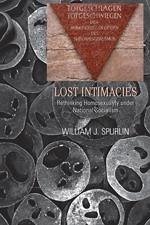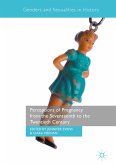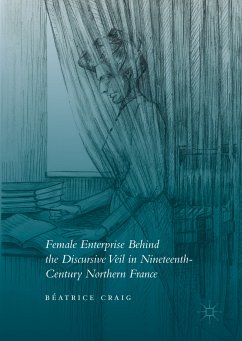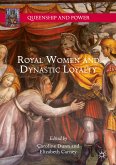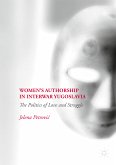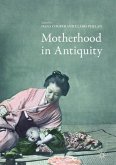Lost Intimacies: Rethinking Homosexuality under National Socialism uses queer theory as a hermeneutic tool with which to read against the grain of heterotextual narratives of the Holocaust and as a way of locating alternative pathways of meaning in dominant Holocaust research. Specifically addressing the racialization of sexuality, the book asks how the politics of sexuality can be more explicitly and systematically theorized, along with state-sanctioned homophobia under Nazism, with a clear recognition that homophobia seldom operated alone, but worked in conjunction with other axes of power, including race, gender, eugenics, and population politics. In theorizing gender and sexuality as entangled axes of analysis, the book allows the specificity of lesbian difference to emerge and challenges the received wisdom that lesbians were not as systematically persecuted under National Socialism. William J. Spurlin questions the wisdom of received scholarship that reduces Nazi fascism to latent homosexuality, and examines the possible implications of Nazi homophobia, and its imbrication with other deployments of power, for the study of contemporary culture where the homophobic impulse continues to reverberate, thereby challenging understandings of history steeped in notions of progressive modernity.
Dieser Download kann aus rechtlichen Gründen nur mit Rechnungsadresse in A, D ausgeliefert werden.
"'Lost Intimacies' represents a significant addition to Holocaust studies in its reexamination of gender and sexuality in Nazi ideology and policies and the persecution of gays and lesbians. William J. Spurlin theorizes and critically analyzes how homophobia is not merely a symptom of Nazi masculinity and how the persecution of lesbians is not merely a Nazi sideshow. Instead, his research persuades us that these issues are key to understanding the intricate relationships between the Third Reich's antisemitism, racial politics, and nationalism." (Phyllis Lassner, Northwestern University, Evanston, Illinois)
"Drawing on queer theory, William J. Spurlin's book offers a complex and sophisticated analysis of the historical records of homosexuality and lesbian experience under German fascism. It makes a timely and significant contribution to a marginalised area in Third Reich and Holocaust studies, identifying important implications for understanding contemporary culture." (Chris Weedon, Cardiff University, United Kingdom)
"Drawing on queer theory, William J. Spurlin's book offers a complex and sophisticated analysis of the historical records of homosexuality and lesbian experience under German fascism. It makes a timely and significant contribution to a marginalised area in Third Reich and Holocaust studies, identifying important implications for understanding contemporary culture." (Chris Weedon, Cardiff University, United Kingdom)

